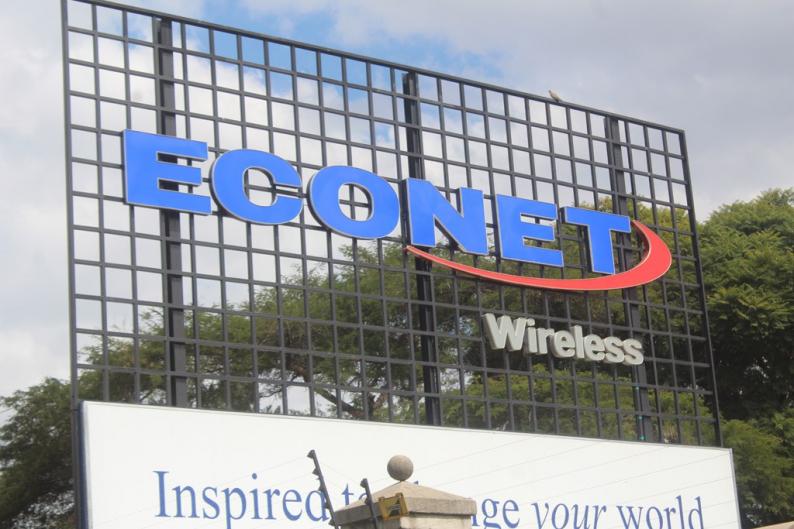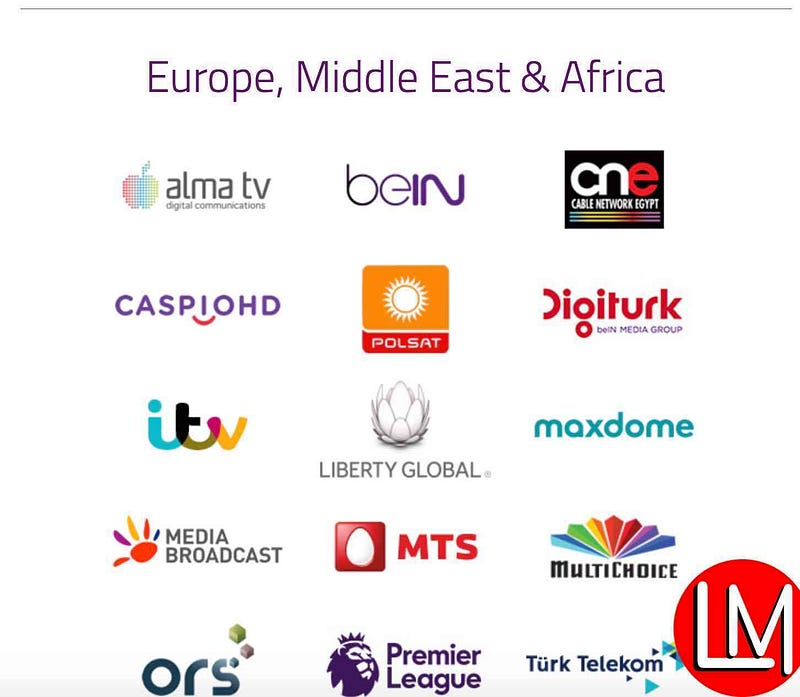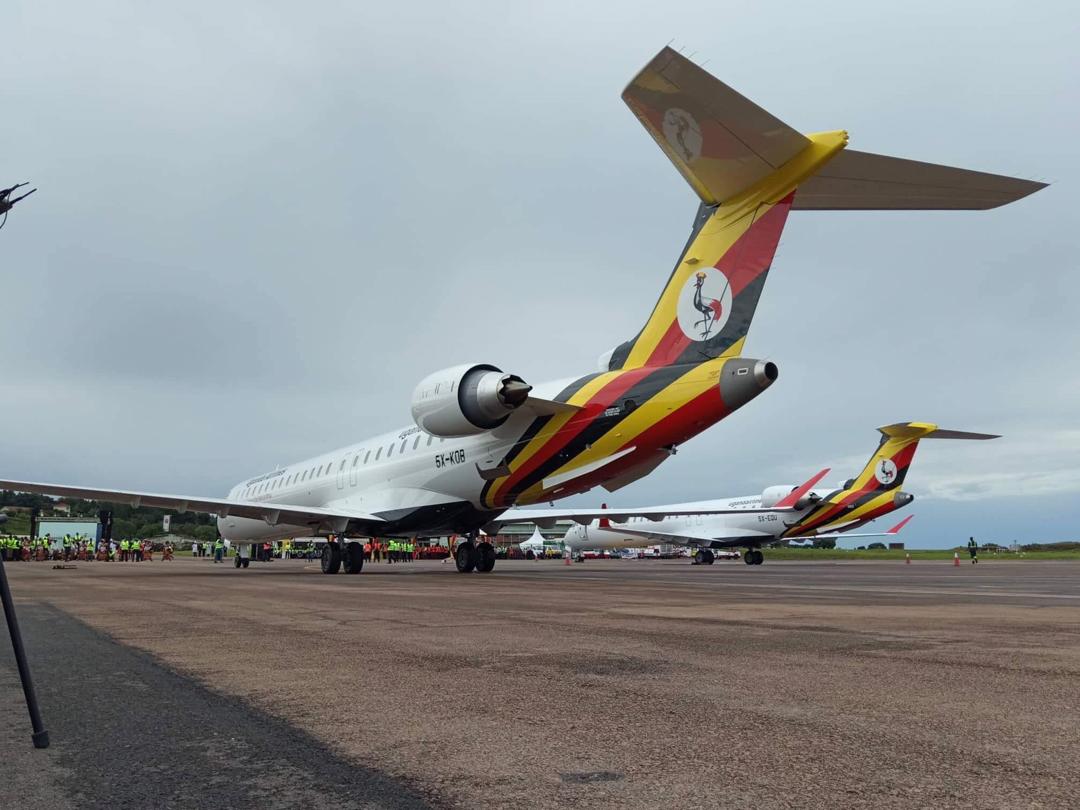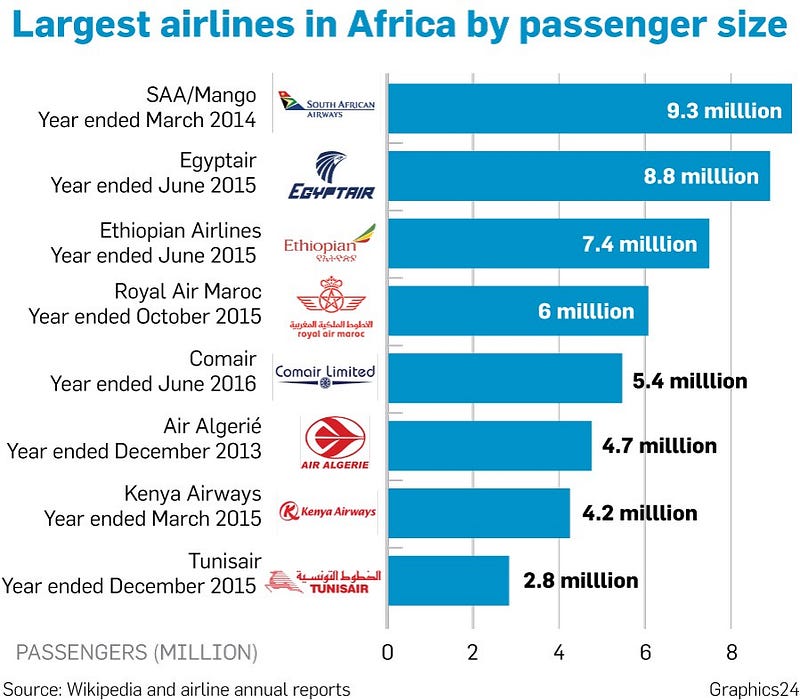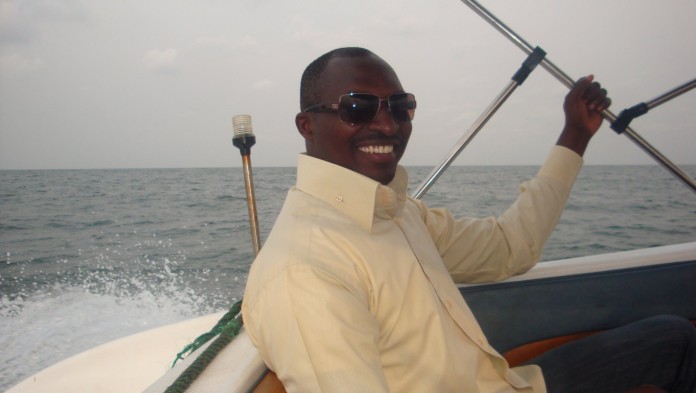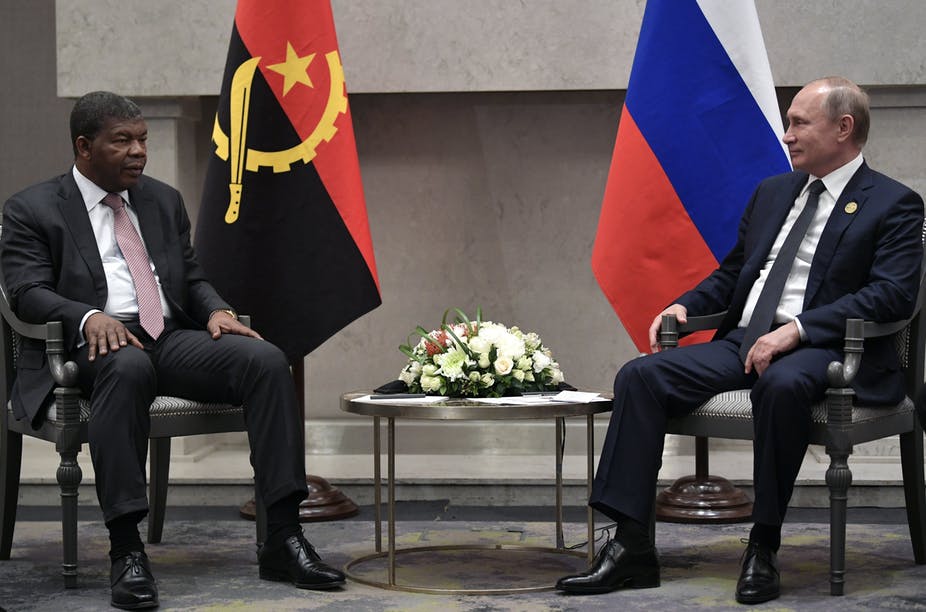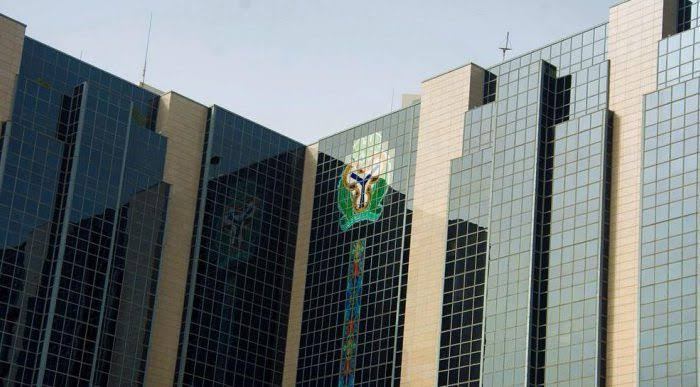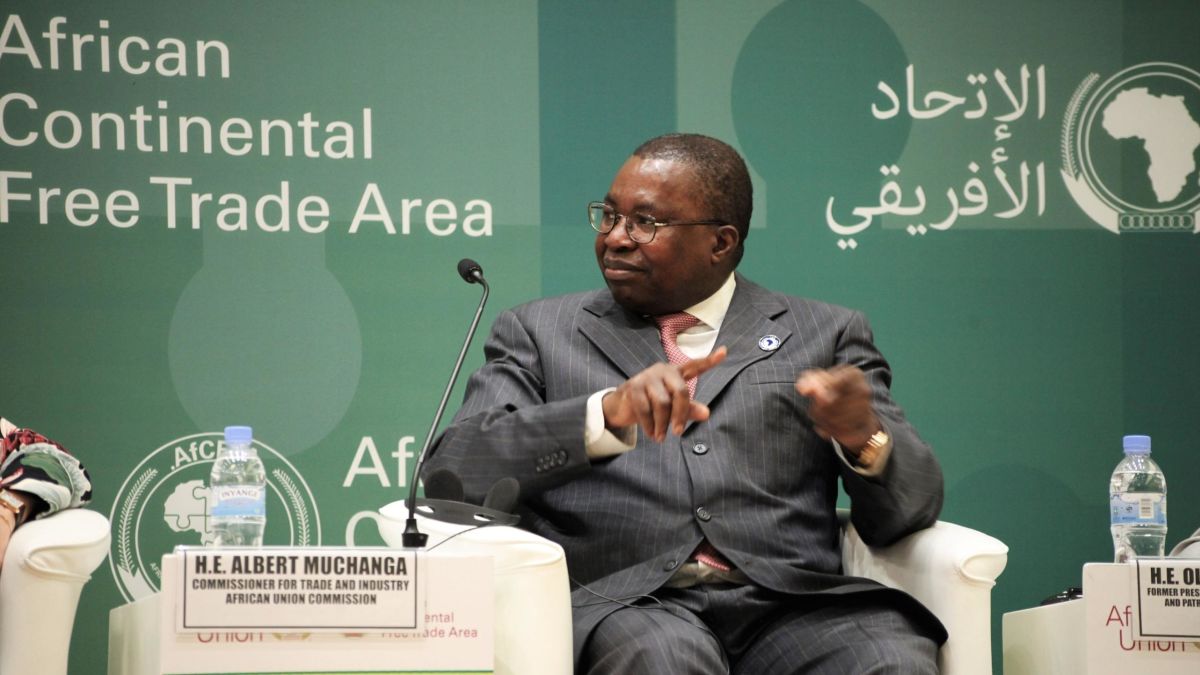Africa Needs the Right Legal Framework for Businesses to Thrive-Jaji

It is not often that one get to read inspiring stories of business adventurism and innovation in Africa, which is why the story of Captain Olusegun Jaji is worth reading. Visiting Sierra Leone from the United States over a decade ago, Capt. Jaji was confronted with a major logistic challenge, instead of seeing problems and running away, he saw an opportunity, and built a business on that opportunity, employing over 200 and changing the philanthropic landscape of Sierra Leone forever. In this interview with Kelechi Deca, Captain Jaji tries to capture his journey into water taxi. Excerpts.
The Seacoach Express story is one of the most inspiring to come out of Africa, what was the drive behind the establishment of the company?
I have been abroad in the US for quite a number of years and my dream has always been to come to Africa and do something that would make a difference in one way or the other. Now, when I came here, I was not exactly sure of what it was going to be. I had been part of a delegation from the city of Philadelphia, and stumbled on the difficulty of crossing the estuary and that was in 2006.
The decision to do something here still on my mind and I kept working on it and trying to raise funds and things like that to come. They eventually came through in 2008 when I came here. And of course, the difficulties I faced made me much more determined to succeed in this my endeavour and that’s what led to what it is right now.
Having gone through fire basically in the water transport business, I think I’ve gathered quite a few experiences and I’m falling in love with it. And I believe it is what I am destined to do here – to make a change and to brace the development of water transport, not just in Sierra Leone but in the whole of West Africa. So far, we are in two countries: Nigeria and Sierra Leone, and we have big plans. You know, we are moving steadily but slowly towards achieving these goals.
Seacoach has a mission to revolutionize sea transportation in Africa; to what extent would you say this has been achieved?
Well, I say we are still more like on the starting blocks if you put everything together. However, I think we’ve come a long way considering we started first in 2008 and hit a stumbling block with Pelican Water Taxi which actually closed down and restarted as Sea-Coach Express with one boat. That means to be noted down that with one boat in 2009 July. And we have worked steadily on it with few employees I had then. We started buying scrap boats and doing repairs to these boats and putting them to service. This has basically been how we survived the very tough initiation years. We were able to weather the storm by actively re-investing in what we are doing, trying to make things much better. We eventually were able to secure some loans that we used to get some new vessels and those seriously changed the trajectory of the growth of Sea Coach. Over the years we have bought a lot of new boats. I will tell you we are in excess of thirty brand new boats that we use in our operations. We have come a long way but we are not resting on that right now if you look. We have constantly strived to improve all facets of our business in terms of our boat fleets, in terms of our terminals, in terms of our shuttle buses, and most of all, in the training of our people. We have well trained captains who were both trained in-house and also trained in collaboration with the Sierra Leone Maritime.
I would say we are still on the starting blocks. We are relatively small but one more major hurdle there is that we have become credible enough for banks or institutions to actually find us bankable to be able to invest in us. And the recent investment that we are doing is the acquisition of three brand new ferries; two of them would be brought into act as back-up to the big one that would be going to Guinea, starting our coastal ferry service. And those two, while they will be on ground will also be taking about most of the functions of the vessels that go to Lungi. These are bigger vessels, much bigger than the ones we have before.
They are designed to provide much better, safer, more comfortable and faster ride across the estuary. And to complement this, we have upgraded our terminal in Aberdeen and we are currently upgrading the ones in Lungi and we believe that will create more suitable one-stop shop when you come to Sierra Leone and you are travelling back and forth, you won’t have to worry about you are scared that the water you are sitting in a well concealed boat is a big step up compared to what exists right now and that is something we are planning to do. How far we’ve come?
In general, I will say we are on our way. I believe in growing gradually and learning from experience and proof and not just copying what they do abroad and that’s being the success formular I will intend to stick to that.
Seacoach Express recently celebrated its 10th anniversary here in Sierra Leone, with the benefit of hindsight, would you say that Seacoach is where it wants to be at this stage?
Looking back now, really, maybe there are a few things we could have done differently but I will say I would rather just have it this way because all those difficult years that have honed our skills, we know much more what we are doing. We are more experienced in our tackle of bigger things. If we had adopted certain strategies that might have put us way ahead now, perhaps we would have lost out on some experiences we learned the hard way by making mistakes and learning from it. One thing you will know about Sea Coaches is that it is home-grown, this is us; “FUBU” — for us, by us. It is a company that started from virtually nothing basically and we put it all together. We’ve been blessed and we’ve been successful that way. Even though now they are offering us all kinds of facilities to help us jump steps ahead and start something big. I have learnt my lessons: you start big, you make big mistakes and you have to learn the big lesson. You start small, you make smaller mistakes and it’s much easier to cope it. That is not to say we don’t have big plans, we do have big plans but the coastal market which is where we are looking to do now, the international coastal ferry service is something we have not done before. We are very good at the local one, so starting that up now will give us an experience; we are going to the neighbouring country which is not too far away. The first full vessel will take maybe like less than three hours to get there. So it’s going to get there maybe four times a week: it goes in the morning, it comes back in the evening; four times a week. When we get some experience in how we handle the customs, the immigration, the health unit, the security unit, it gives us much opening to understand the workings of these organizations. So when we now move to bigger, different country, it’s much easier for us to assimilate.
We will only be bringing the same thing we have been doing here on a bigger scale. Just like we did in Nigeria, when we went to set up in Nigeria, a lot of people were laughing basically asking how are they going to do this, how are they going to do that? But we knew what we had to do because we have the experience from here and we took it there and we established in less than three to four months, once the boats arrived, we were operating. We are one of the biggest in Lagos now. It is the same formular we are trying to apply to the international coastal ferry service. So, looking back, I would say yes, I think we could have gone a bit faster, but being here is not bad and I believe we have a lot of aspirations and things to do in the future.
How would you describe the challenges of running such capital intensive, labour intensive venture?
There are a lot of challenges; first of all, I think it is in coming to Africa. Coming back to Africa, you will quickly understand that certain things are in place but would not just work as they are designed to. Often times a lot of policies or strategies are imposed in a place rather than finding the right one that is most suitable to that place. I quickly learnt quite a lot of lessons coming here from America to set up. The employees, a lot of them dealing with different personal situations tend to react in different ways. Moreso, the level of skills; you cannot train people above their level of skills. Finding the right people to fill the right positions was not easy. But like I said, we had the opportunity of starting small, so we actually got to train our own people and gradually elevate them. We seem to be having some problems with that now because they have reached a stage where some of them cannot grow higher so we might have to bring in new people. We are a very resilient team and we’ve been doing this for some time now. Bringing in new people and assimilating them into the system seems to be working, it is not that easy thing though, but it’s been working.
The capital-intensiveness of the business is the main difficulty we’ve faced. At the earlier stage we were able to survive because of the ingenuity of our staff to actually build things rather than buy things. That helped us for a while. When we had to up the game as standards improved, we knew we had to make some savings that we had to put back to the business by buying newer vessels, so that helped us. Now, as we are looking into the bigger market, of course, we are talking about bigger capital investment, we have been able to put together some funds of our own to acquire some vessels that we hope to learn from.
So when we need to face the much bigger market hopefully, the Lagos market, running the coastal ferry from Lagos, Ghana and all that, or even the Cargo moves that we have, we will be better prepared. Right now, what we are starting is the one that will be carrying passengers and their luggage to Guinea. From doing that, we will learn how we will be able to modify the system and adapt to handling the bigger markets. So, it is very challenging but if you come to Africa, you should be ready for the challenges and so far we are holding up.
Aside ferrying passengers across the sea in different parts of Africa, Seacoach is involved in other activities such as its humanitarian foundation which has touched lives in this country, tell us about it?
Well, following the experience I had myself when I had an eye problem way back in 2010. I had woken up and light was just flashing in my eyes, I was rushed to the hospital and I got some treatment. But then on the way out I saw a lot more people that were outside that could not afford this treatment that I got. I helped that day by giving them some money and a month later a lot of letters came to thank me for what I had done. Then I realized that there was something my company could do, not just as me as a person. We took it up and decided to be treating one thousand people in the community free by giving them the free eye-examination, medicine, treatment, glasses and even surgery. It became a very big thing because when you get to the centres you see that a lot more people needed to be treated. The numbers have grown to over three thousand persons in a year in about five different communities in the country.
In addition to that, the lack of a health-care centre in the history of Aberdeen; Aberdeen is the place where we started our company and the people there have been very welcoming and the company has grown. Following the fact that there was a deficiency there, the company stepped up and decided to build a 14-bed hospital that would serve the people of Aberdeen and basically the people of Freetown with the labour ward, the general ward, we’ve finished building this, we are going to be handing over to the government in early October. The date had to be moved back to have more, according to the schedules of the dignitaries that we are inviting to this launching.
In addition to these, we do a lot of scholarships, a lot of water well projects and we donate to many societies and the cancer society. Healthcare is been one of our main sectors where we think we can complement the effort of the government and we have done it effectively. There is a lot more on this that can be seen on our website as we intend to let people know. Our idea of publicizing this is to encourage other companies to do same because the government is limited in what it can do in terms of providing healthcare to everybody. Everyone can contribute a little bit to supporting this effort and will be able to more it much better. Our people need the help, so if you are benefiting from the community, I think the community should also benefit from us.
In what ways would you want support from the government to enable your organisation achieve its full potential?
I think the way I will want the government to support is to, in addition to providing an enabling environment, which has provided a safe and stable country for us to operate, I think to move things much better in the country. I think the government can through PPP have people in different fields come together and dialogue and come up with ideas and ways which collaborations can be engaged in. As far as water transport is concerned, there are quite a few challenges that we face that we believe government can help step in. The legal system definitely, we have cases in court that have been in courts for such a long time now with no end in sight. You know justice delayed is justice denied basically. It makes it very hard for you to plan things when you are held up in these litigations. There are several instances I don’t want to go into it because I don’t want to offend anybody with my answers.
Basically, there is need to be serious and genuine reforms in the legal system. The introduction of business arbitration will curtail delays in long legal processes, that is a major thing the government needs to work on.
Secondly, in the development of infrastructure, the government needs to step into where there are disputes with the local community are a big problem. And proper education and holding the hand of the investor to work through the different hurdles of dealing with a people from a different culture and all that can really help promote investments..
There are talks about plans for expansion into other African countries, what is the status of the project, and what informed the decision?
Yes, we do have plans to expand and we are taking gingered steps on this one as we always did. We are starting operations from Freetown to Conakry in Guinea. It will be falling into the coastal market. We have a 200-passenger ferry, brand new-one being built by an Australian company that will be delivered to us in October and we hope to ship it down to Freetown to be able to start our service in December. Right now we are working on the construction of the terminals in Freetown and we are also in consultation with the government of Guinea to conclude on the requirements of having the agencies at our terminals, customs, immigration, health and security. And of course the construction of a terminal will follow shortly in Guinea.
Once all those ones are completed, when the vessel arrives, we will be prepared to start this first service. It’s been a long way coming and the decision to start it basically was informed by the difficulties encountered using the two means of transportation by air, it is pretty expensive; a 25-minute flight will cost you about $400 to $600, and even where it is expensive it is also not very available. There are only two flights that go there, maybe like once or twice a week. If you go by road, the road situation especially in Guinea is really bad. So the journey takes about 6 to 8 hours. Some people have ordeals of actually using nine hours on the road getting there. With traffic, bad road, broken vehicles, not to talk of the rough driving and the stress and inconvenience imposed on people by the agencies along the way: the Customs, Immigration telling you to come down and searching the car and things like that. Those were what informed having the service from Freetown straight to Conakry, it will be done in about 2 ½ hours, less than 3 hours in a much more comfortable, safe and relaxed environment. We take you from Freetown straight to Conakry. We believe it will greatly change interactions between the two countries and help in the development of our cross-border movement.
The project is ongoing, we are working on it. Actually, now I am on a trip to go do an inspection as the boat is almost complete — seat selection, colour combination and things like that so that when the thing eventually gets to Freetown it will be something to behold. So, the project is ongoing as we hope to have it ready very soon.
What is the outlook for Seacoach?
This is “varied”, the answer to this is pretty broad so I am going to answer it in two messages.
Firstly of all, as far as Sierra Leone is concerned, we intend to standardize our service by seriously improving delivery. Like I said earlier, we have acquired two brand new vessels being built. Once they are delivered, we will provide a very modern international standard ferries that will take people across estuaries. It will seriously improve our service. In addition to that, we have new shuttle vans, better terminals that we are building and training that our people are getting which will make it the gold standard, we are that gold standard in the country but it will further improve service delivery so that people visiting will not miss anything you get from an airplane and you get in a proper boat just as well to make things better for crossing the estuaries in Freetown.
On the international level, coming from Freetown again, we intend to start our coastal ferry service going to Guinea. This, we have believe we’ve crossed the “Ts” and dotted the “Is” and we are going to make sure that when it eventually starts, it is something to behold, is something proper. Now, from operations in Freetown, we have been able to establish in Nigeria where we delivered mass transit going to 5 or 6 different locations from Ikorodu to Lekki, Victoria Island, CMS, Apapa and one other one that we go to. And also, because of the difficulties in importing boats there and the cost of importing boats, we did a backward integration. We invested in the construction of a boat factory; we have 11-acre boat factory in Ibeju-Lekki over the Epe Bridge there which is called “Sierra Craft” where we build vessels. We believe we can build boats over there, using the modern systems to be able to supply to our operations in Lagos and also different parts of the country — South of the country. We are in talks with the government to see how this can be easily done. We are also in talks with certain companies that are looking into doing UBER-style mass transit system in Lagos and its going on pretty well, although we intend to do ours in slightly different way but it opens up the possibilities of what a transport can be in Nigeria.
In conclusion?
In general, the outlook for Sea Coach is to keep expanding, expanding by intensifying our investment in coastal services. Once we start and get some experience, we intend to scale up very quickly and start to cover other places along the West African coast. Not just in passenger movement but perhaps investing in cargo because as you would know right now there is no direct movement of goods and services between most African countries. The cargo actually goes to Europe first before it comes back to Africa. So shipping from Nigeria to Sierra Leone for instance, goes to Europe before it comes to Sierra Leone. It is something we are looking at very carefully and we believe our first step into the coastal market will give us some experience that will be necessary to start something like this and we intend to do that in the very near future.
Secondly, in Nigeria, with this boat factory, we believe we can build boats that can be used to cover a lot of areas they are doing in Lagos and from there taking it to other parts of Nigeria as well. Our boats are well built according to international standards. We have the modern equipment and we have quite a few staff under the tutelage of a South African foreman that works at the factory. We have started producing boats; I think they built about eleven or so now. Well, we have still not been able to secure some sale but as soon as we do that we will greatly improve our capacity to achieve these goals. It is in the pipe line, I believe one day Sea Coach will be to supply vessels that will be covering the whole of Lagos State and many other parts of Nigeria. It is some of the things we have planned. We are gradually working towards achieving these goals, we will eventually attain it. That is the situation so far.
Kelechi Deca

Kelechi Deca has over two decades of media experience, he has traveled to over 77 countries reporting on multilateral development institutions, international business, trade, travels, culture, and diplomacy. He is also a petrol head with in-depth knowledge of automobiles and the auto industry.



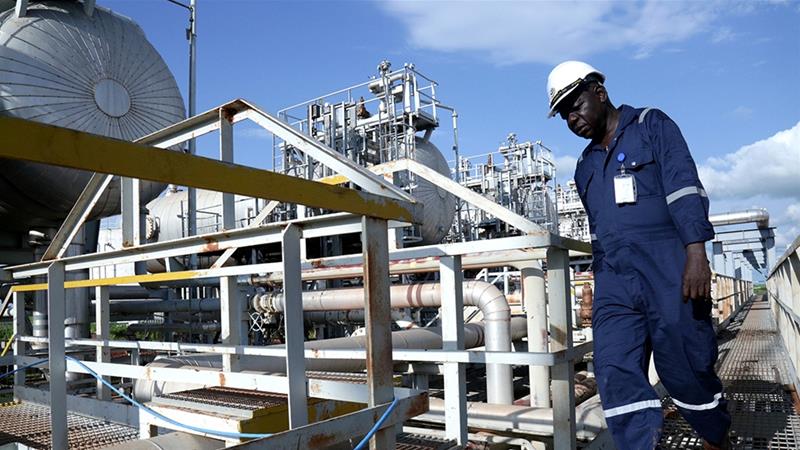
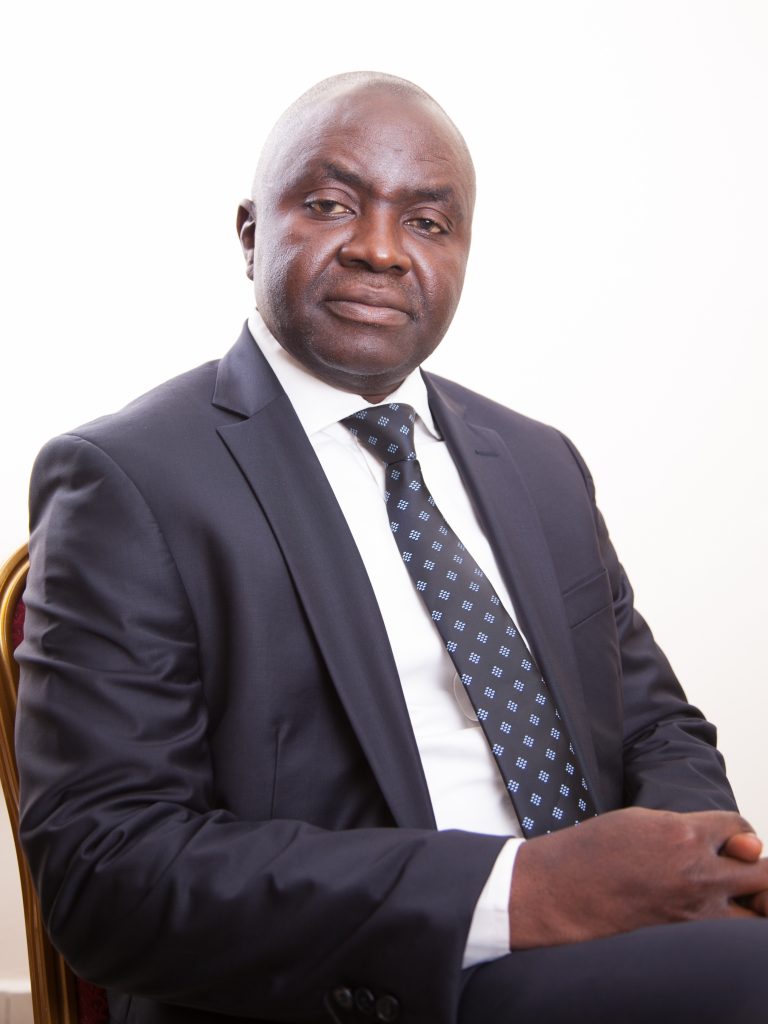




 Charles Rapulu Udoh is a Lagos-based Lawyer with special focus on Business Law, Intellectual Property Rights, Entertainment and Technology Law. He is also an award-winning writer. Working for notable organizations so far has exposed him to some of industry best practices in business, finance strategies, law, dispute resolution, and data analytics both in Nigeria and across the world.
Charles Rapulu Udoh is a Lagos-based Lawyer with special focus on Business Law, Intellectual Property Rights, Entertainment and Technology Law. He is also an award-winning writer. Working for notable organizations so far has exposed him to some of industry best practices in business, finance strategies, law, dispute resolution, and data analytics both in Nigeria and across the world.